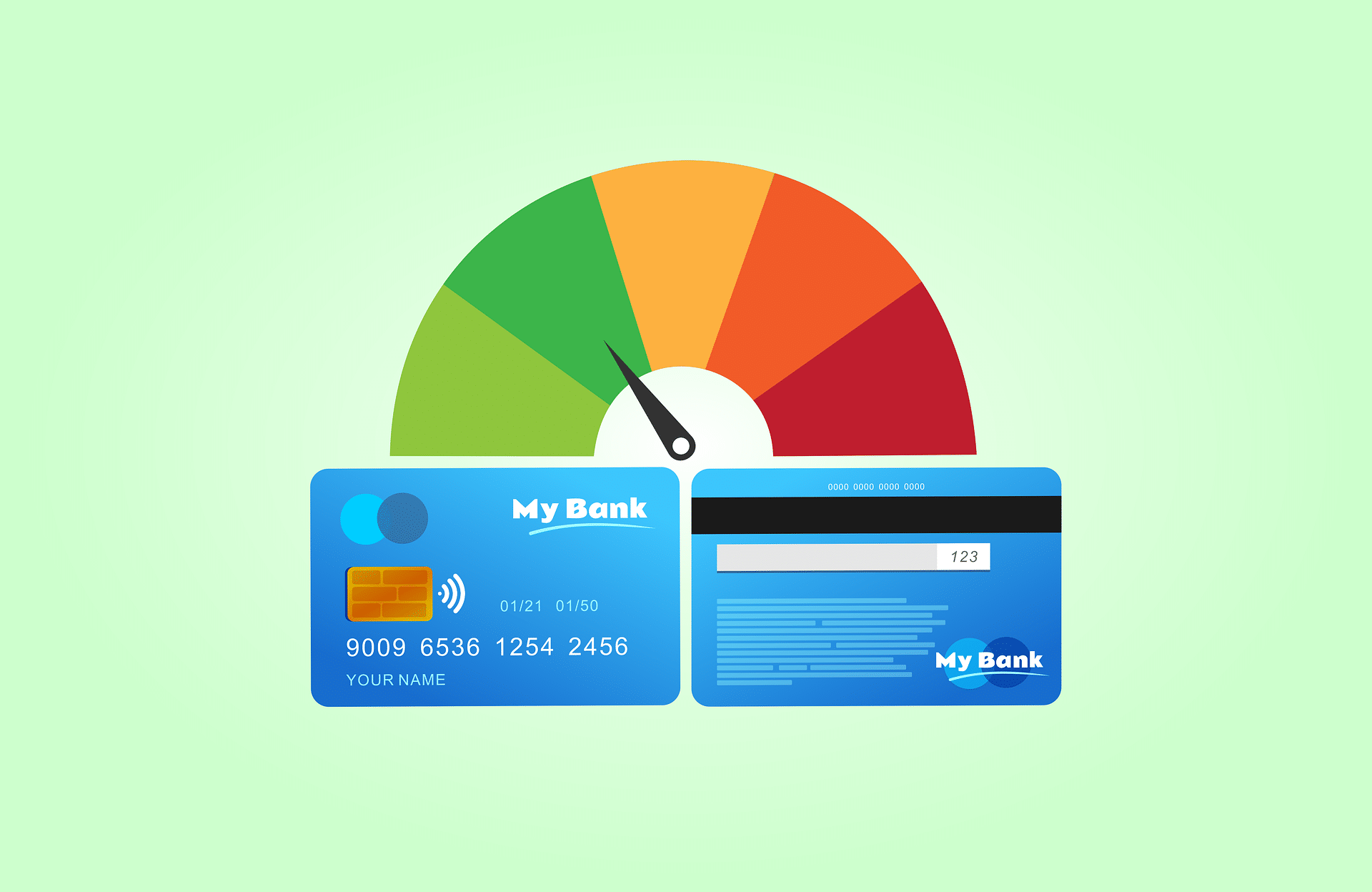
Table of Contents
There’s no one-size-fits-all answer like “it will go up 100 points” or “it will drop 25 points.” Many variables impact your credit score, and bankruptcy is just one piece of the puzzle. For some, the answer is surprising: many see a significant jump.
Increases are common for people whose scores were already suffering from high credit card balances, collection accounts, and late payments. Several years ago, the Federal Reserve Bank of Philadelphia looked at pre-bankruptcy and post-bankruptcy credit scores for both Chapter 7 and Chapter 13 filers. The average score for Chapter 7 filers jumped more than 80 points. The increase was slightly smaller for Chapter 13 filers, but still significant.
So, why all the warnings about how bankruptcy will impact your credit?
One reason is a simple assumption people make. A Chapter 7 bankruptcy stays on your credit report for 10 years, and a Chapter 13 for seven years. Since bankruptcy is obviously a negative entry on your credit report, people often translate that to “bankruptcy ruins your credit for 10 years” (or seven). Many people don’t realize that:
- A significant percentage of people who file bankruptcy already have low credit scores due to high balances, late payments, and collection accounts
- Bankruptcy can eliminate many negative entries from your credit report and your credit score calculation
- Though bankruptcy remains on your credit report for seven or 10 years, the impact diminishes over time–especially if you handle credit responsibly after bankruptcy
Another is the starting point.
People with Higher Credit Scores are More Likely to See Scores Drop
In the study mentioned above, the average starting credit score of bankruptcy petitioners was in the low to mid 500s. That’s already considered a poor credit score. Since most people have struggled with debt for two years or more before deciding to file bankruptcy, poor credit scores aren’t unusual.
But, the impact may be different for those with good or excellent scores. And, those higher scores are often used as a starting point in articles and guides about how bankruptcy impacts credit.
A few years back, many news outlets and blogs reported that bankruptcy could drop your credit score by more than 100 points. While that’s true, context is everything. The warning was based on modeling by the Fair Isaac Corporation, originator of FICO scores. Since Fair Isaac created the algorithms used to calculate the most widely-used credit scores, they obviously carry some weight on this issue. But, the two hypotheticals they shared were based on starting credit scores of 780 and 680.
Starting from 780, Fair Isaac estimated that a credit score would, on average, drop more than 200 points. The 680 score might drop about 140 points. Those are big drops. But, while there are some exceptions, those scores would be pretty unusual for someone filing bankruptcy.
Fair Isaac may have recognized that the calculation based on these higher starting scores could be misleading. In later updates on the impact of various actions and entries on credit scores, bankruptcy has been removed. While the company and other experts still warn that bankruptcy can drop credit scores, they’re more specific about who is most likely to be hurt. That more tailored information is creeping into reporting on the issue, too. But, for many, the general fear that “bankruptcy destroys your credit” persists–even though many receiving that message would likely see scores jump after bankruptcy.
It’s also important to bear in mind that your credit score immediately after bankruptcy is a starting point.
Credit after Bankruptcy
Lending Tree looked at credit scores, loan approvals and interest rates for more than 1 million applicants, some who had bankruptcies on their credit histories and some that did not. The company found that 43% of those who had filed for bankruptcy had credit scores of 640 or higher within one year. By the two-year mark, that number had jumped to 65%. Some users had achieved credit scores of 740 within a year of bankruptcy.
Of course, much depends on how you manage credit and your finances after bankruptcy. For example, some people who have filed for bankruptcy become understandably credit-shy and don’t want to open new credit cards and other credit accounts. That’s understandable, and you definitely want to use credit cautiously after bankruptcy. But, not using credit at all means there’s nothing new on your credit report to re-establish yourself with a better track record.
It’s generally a good idea to open one or two low-limit accounts shortly after bankruptcy–a secured credit card will do if you don’t qualify for an unsecured card–and then make timely payments and keep balances low. It’s also important to monitor your credit report after bankruptcy, to ensure that debts that have been discharged don’t pop back up. If you do see discharged debts showing as past due, in collections, or with an outstanding balance, dispute that entry and provide a copy of your bankruptcy discharge order.
People who handle credit responsibly after bankruptcy can often finance cars and open new credit card accounts fairly soon after bankruptcy. Many qualify for mortgage loans two to four years after bankruptcy.
In short, bankruptcy doesn’t ruin your credit forever. Depending on your starting score, you may see an increase right after bankruptcy. Regardless of whether your score jumps or drops after bankruptcy, you’ll have the opportunity to build from there.
Learn More about Los Angeles Bankruptcy
If you’re overwhelmed by debt and have been holding off on learning more about bankruptcy because of myths about bankruptcy and credit, you owe it to yourself to get reliable information. To speak with one of our experienced Los Angeles bankruptcy attorneys, call 877-439-9717 or fill out the contact form on this page.
See also:Frequently Asked Questions